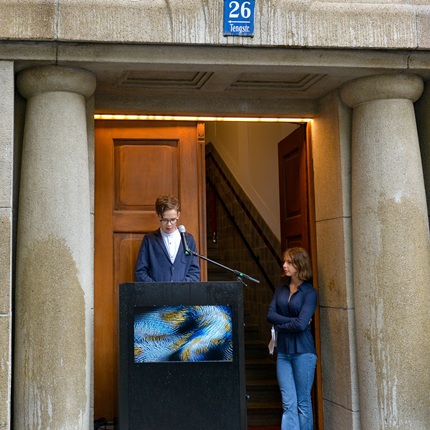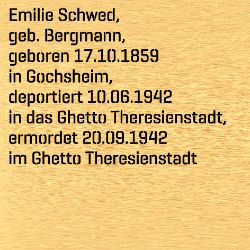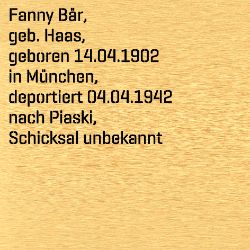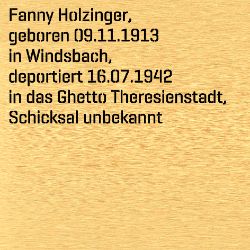Franziska Spangenthal was born on December 1, 1884 in Frankfurt am Main. Her parents were the Jewish merchant Robert Spangenthal and his wife Henriette, née Klein. She grew up with her younger sisters Mathilde (Tilli) and Bella. On September 15, 1910 Franziska Spangenthal married Albert Schlopsnies, the son of a Protestant landed family in East Prussia who worked for the toy manufacturers Steiff, responsible for the artistic layout of catalogues, advertising, and designing dolls. The young couple moved to Munich in 1913. A daughter, Erica Irmgard, was born two years later. Following the divorce of Franziska and Albert Schlopsnies in 1922, she lived mainly with her mother. Franziska Schlopsnies was a painter and graphic artist. Her illustrations appeared for example in the arts magazine “Jugend”, the famous satirical weekly “Simplicissismus”, and the arts and satirical magazine “Meggendorfer Blätter”, some featuring on the cover. She also worked as an advertising illustrator and through the 1920s created advertising posters, amongst others for the stationary and paper firm Andreas Kaut (today Kaut-Bullinger). Little is known about Franziska Schlopsnies’ fate after the Nazi seizure of power. In 1933 she moved to Tengstraße 26 and worked for the Munich publisher Bruckmann until early 1944. Her assets were confiscated probably in 1942. The Gestapo (Secret Police) deported Franziska Schlopsnies to Auschwitz concentration and extermination camp presumably in early 1944. After the war, her daughter Erica stated that the SS had murdered her there probably on December 30, 1944. On March 16, 1945, just a few weeks before German capitulation, the Oberfinanzdirektion München (Munich Senior Finance Department) demanded the release of Franziska Schlopsnies’ confiscated assets for the Reich. After the war, Erica Schlopsnies sought to find out more about her mother’s fate and claimed restitution of the stolen assets. Franziska Schlopsnies’ family survived the Nazi dictatorship and the war: her widowed mother Henriette Spangenthal and her sister Mathilde Pfefferkorn emigrated to Switzerland. Her sister Bella Spangenthal was able to move to New York.(text Barbara Hutzelmann, editor C. Fritsche, translation P. Bowman)








